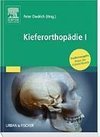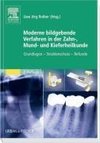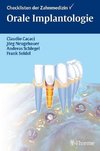
-
 Anglický jazyk
Anglický jazyk
FLUORIDE IMPACT ON THE CORROSION BEHAVIOR OF DENTAL ALLOYS
Autor: Ramesh Raja S
Titanium and its alloys give greater resistance to corrosion in saline and acidic environments. Even though titanium alloys were exceptionally corrosion-resistant because of the stability of the TiO 2 oxide layer, they are not inert to corrosive attack.... Viac o knihe
Na objednávku
40.68 €
bežná cena: 45.20 €
O knihe
Titanium and its alloys give greater resistance to corrosion in saline and acidic environments. Even though titanium alloys were exceptionally corrosion-resistant because of the stability of the TiO 2 oxide layer, they are not inert to corrosive attack. When the stable oxide layer is broken down or removed and is unable to reform on parts of the surface, titanium can be as corrosive as many other base metals.The oral cavity can simulate an electrochemical cell under certain circumstances. Although titanium shows better corrosion resistance, it may interact with living tissue in several years. This interaction results in a release of small quantities of corrosion products even though they are covered by thermodynamically stable oxide film. If a base metal alloy superstructure is provided over a Ti implant, then also an electrochemical cell is formed. The less noble metal alloy forms anode and the more noble titanium forms cathode. Electrons are transferred through metallic contact, and the anode is the surface or sites on a surface where positive ions are formed (i.e., the metal surface that is undergoing an oxidation reaction and corroding) with the production of the free electrons
- Vydavateľstvo: LAP LAMBERT Academic Publishing
- Rok vydania: 2022
- Formát: Paperback
- Rozmer: 220 x 150 mm
- Jazyk: Anglický jazyk
- ISBN: 9786205498323
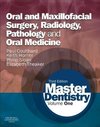
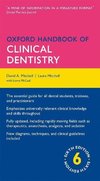


 Nemecký jazyk
Nemecký jazyk 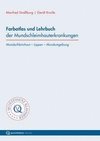
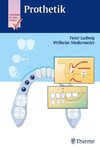
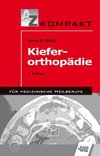

 Španielsky jazyk
Španielsky jazyk 